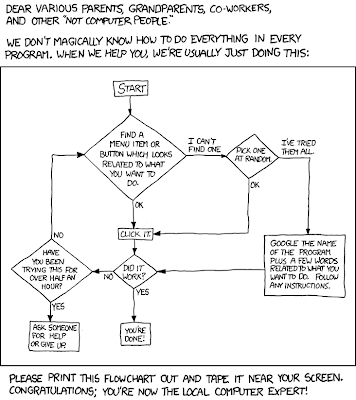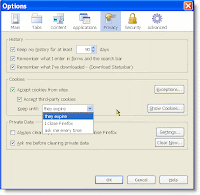Create Hyperlinks in Excel Cells
Here's a simple trick. Some times I have data results in Excel, if combined with other URL data, it would take me to a specific record. For example, if I extracted Contact Record IDs from Salesforce.com and combined it with the URL prefix, I could view the record that corresponds to the ID. There are a few different approaches, but it all ends up using the same function: Hyperlink. Hyperlink takes two parameters: link_location and friendly_name (optional). Here are some examples: =HYPERLINK("https://na2.salesforce.com/" & B2) =HYPERLINK(CONCATENATE(A2, B2)) =HYPERLINK(CONCATENATE("https://na2.salesforce.com/", B2, C2)) =HYPERLINK("https://na2.salesforce.com/" & B2,"Joe Smith") The link location, in addition to being a URL could be a drive path (c:\foo\), a UNC path (\\Server1\folder1\), or even a "mailto:" (=HYPERLINK("mailto:" & H2)).

